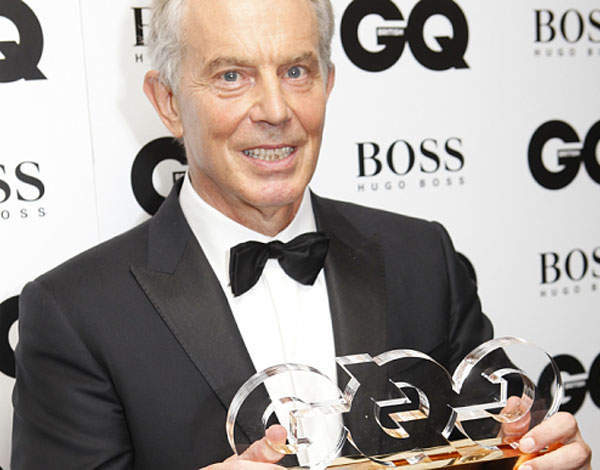

News that Tony Blair has become GQ Magazine’s 2014 Philanthropist of the Year has been met with a mixture of bemusement and outrage. The event organiser admitted the company likes to award those who grab the headlines, so GQ may of course have welcomed the response.
Perhaps it’s asking too much to hope the judging panel probed the impact of Blair’s charitable activities — something we are, for now, in no position to comment on — but this is certainly what we’d expect of a philanthropy award.
As advisers to BNP Paribas Wealth Management on their philanthropy award for the past five years, we have some experience in this matter. The financial services company has been running its Prize for Individual Philanthropy since 2008 to celebrate philanthropic giving and recognise outstanding initiatives by philanthropists around the world.
It commissions in-depth research on each candidate (from NPC and others), looking at issues such as the social impact of the initiative, the philanthropists’ personal and financial commitment, and the professionalism, sustainability and transparency of the projects. Based on this information, an independent jury comprising leading figures from the business and charitable world carefully select the winners. Through these awards, BNP Paribas hopes to uncover remarkable individuals and their efforts as a way to inspire others
The winners of this year’s Grand Prix, for example, are Charly and Lisa Kleissner. Silicon Valley entrepreneurs, they seek a social return on 100 per cent of their foundation’s assets, which means securing social returns not just through their grants but also through bond, equity and cash investments. They also devote significant time to encouraging and educating other foundations to use more of their assets for social good.
Are we right to worry about GQ’s ambition to create a stir through its award? Could it actually cause damage to the philanthropy sector?
It certainly adds a tinge of cynicism to philanthropy, something to which other media organisations are equally prone. Philanthropy academic Beth Breeze undertook a study of media coverage of philanthropy a few years ago, and found a great deal of negative commentary regarding wealthy individuals giving their money away.
And yet, plenty of research also shows the benefits of role models and peer pressure in encouraging more philanthropy. Indeed, this was a key driver in the decision by Buffett and Gates to launch their Giving Pledge for billionaires. And on the other side of the coin, the media in this country plays an important role in boosting philanthropy: the Sunday Times’ giving list is one example; the Spear’s prize and its dedicated philanthropy pages are another.
But anyone that sets up an award to celebrate giving needs to think carefully about its purpose. Picking someone because they’re controversial is a wasted opportunity to inspire other wealthy individuals, celebrities or influential people — those with the money, skills and networks to bring about significant change.
Plum Lomax is a senior consultant at NPC






